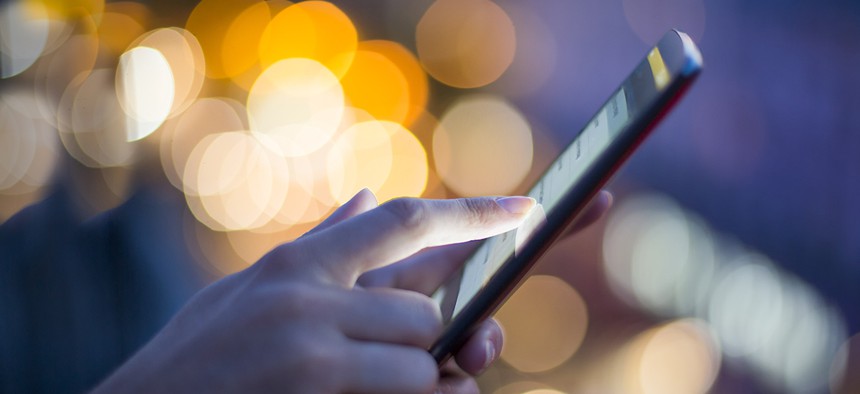We’ll Talk to Our Phones in the Future Because Our Fingers Are Puny and Slow

LDprod/Shutterstock.com
Speech recognition can finally keep up with the rate of speech.
Sometimes, the most prodigious research institutions in the world need to study something obvious: Talking is faster than typing on your phone.
In tests by Stanford University and Chinese search giant Baidu, speech recognition on phones was three times faster than typing the same message on the stock iPhone keyboard. Of course, speaking is faster than typing, but the real finding was that speech recognition can finally keep up with the rate of speech.
And it’s not just speed. Baidu’s speech recognition software made three times fewer errors than in typed messages for English speakers, and 1.5 times fewer errors for Chinese speakers.
For the experiment, 32 millennials texted and dictated more than 100 phrases, using the iPhone keyboard and Baidu’s Deep Speech 2, a cloud-based speech recognition tool that developers can integrate into their own products and apps. Half the participants were native Mandarin Chinese speakers, and half were natively spoke English. The phrases were pretty simple (“Physics and chemistry are hard.”) and rarely included commas or confusing punctuation we normal humans use every day.
Data from the study also showed the native Mandarin Chinese speakers typed slower, although speech recognition improved writing speed roughly the same for both languages.
NEXT STORY: Why privilege can be risky





